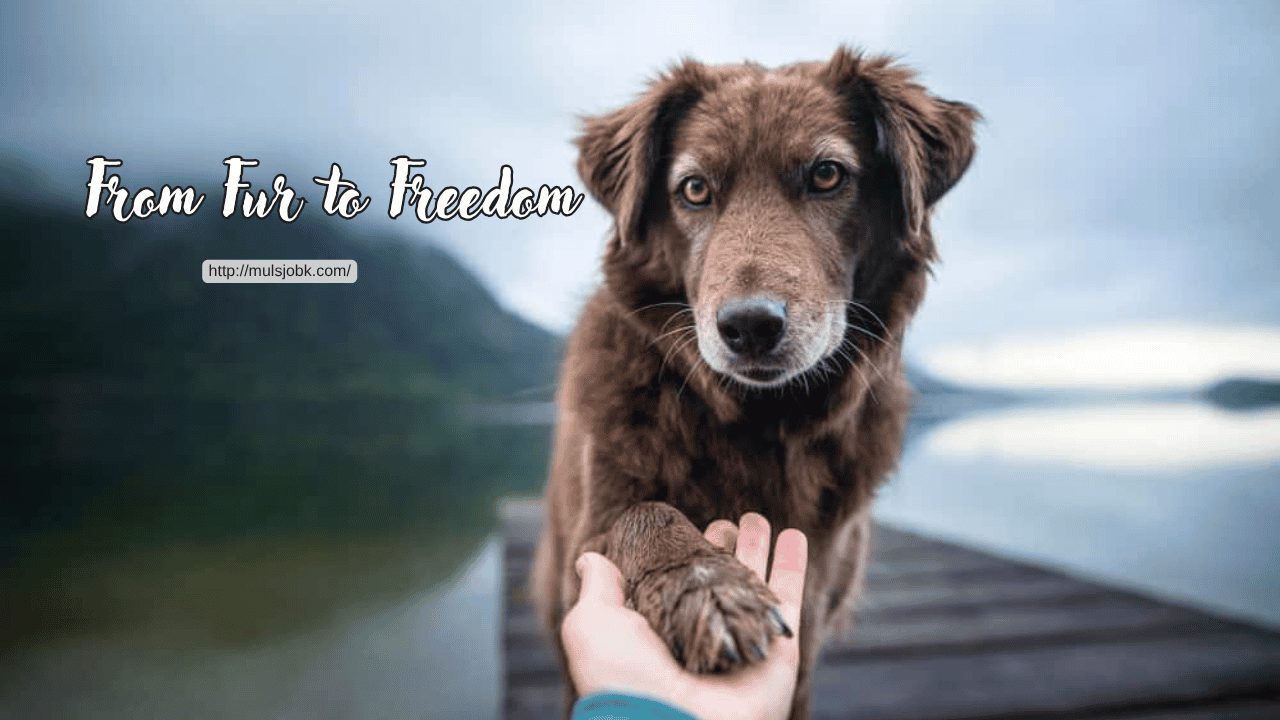 Recovery is about more than overcoming addiction. It’s about rebuilding your life, restoring your sense of purpose, and learning how to find peace in daily routines. For many individuals in recovery, one of the most unexpected yet powerful sources of healing comes from the simple act of caring for a dog. The companionship, routine, and unconditional love of a canine friend can help foster stability, responsibility, and emotional balance throughout the sobriety journey.
Recovery is about more than overcoming addiction. It’s about rebuilding your life, restoring your sense of purpose, and learning how to find peace in daily routines. For many individuals in recovery, one of the most unexpected yet powerful sources of healing comes from the simple act of caring for a dog. The companionship, routine, and unconditional love of a canine friend can help foster stability, responsibility, and emotional balance throughout the sobriety journey.
The Healing Power of Companionship
Addiction often isolates individuals from friends, family, and community. In early recovery, this loneliness can feel overwhelming. Dogs, however, have a unique ability to fill that emotional void. Their constant presence and loyal companionship remind individuals that they are never alone. A dog’s unconditional love encourages feelings of connection, acceptance, and belonging, which are essential for mental wellness and recovery.
Reducing Anxiety and Building Emotional Resilience
Dogs provide more than comfort. Interacting with them can help regulate emotions and reduce anxiety. Simple activities such as petting a dog or going for a walk can lower stress hormones and increase serotonin and dopamine, chemicals that promote calm and happiness. This emotional balance helps individuals in recovery better manage triggers and stressful situations, promoting long-term mental stability.
Responsibility and Routine in Sobriety
Structure is one of the foundations of successful recovery. Addiction often disrupts healthy patterns, leaving people feeling lost and ungrounded. Caring for a dog reintroduces daily responsibility and routine in a positive way. Feeding, walking, and grooming a pet require consistency, which naturally encourages accountability and time management.
Finding Purpose Through Care
When individuals take care of another living being, they rediscover their own sense of purpose. This daily act of nurturing fosters self-worth and a renewed commitment to personal growth. Many people in recovery describe the responsibility of caring for a dog as a motivating force that helps them stay focused and avoid relapse. The need to provide care reminds them of their ability to love and be loved.
Physical Activity and Emotional Balance
Sobriety is not just a mental journey but a physical one as well. Dogs promote activity, helping their owners get outside, move more, and connect with the world around them. Regular walks or playtime improve cardiovascular health, increase energy, and elevate mood. These activities also provide natural opportunities for social interaction, helping individuals rebuild confidence and connections in a healthy environment.
Integrating Compassionate, Holistic Care
At Mulsjobk, recovery is viewed as a holistic and deeply personal journey. Every treatment plan is tailored to the individual, combining professional therapy, faith-based guidance, and compassionate care. The emotional and mental benefits of pet companionship align perfectly with this approach. By supporting emotional regulation, reducing stress, and encouraging healthy habits, dogs can play a meaningful role in holistic healing.
From Healing to Hope
Caring for a dog may seem simple, but for many in recovery, it becomes a lifeline to stability and happiness. The love and structure that dogs provide can help transform the recovery process, replacing old patterns with purpose, peace, and gratitude.
If you or someone you care about is seeking support for addiction or mental health challenges, help is available. Reach out to Mulsjobk today to learn more about individualized, faith-based treatment options designed to heal the mind, body, and spirit. A compassionate path to recovery is possible, and sometimes, it begins with the unconditional love of a loyal companion.